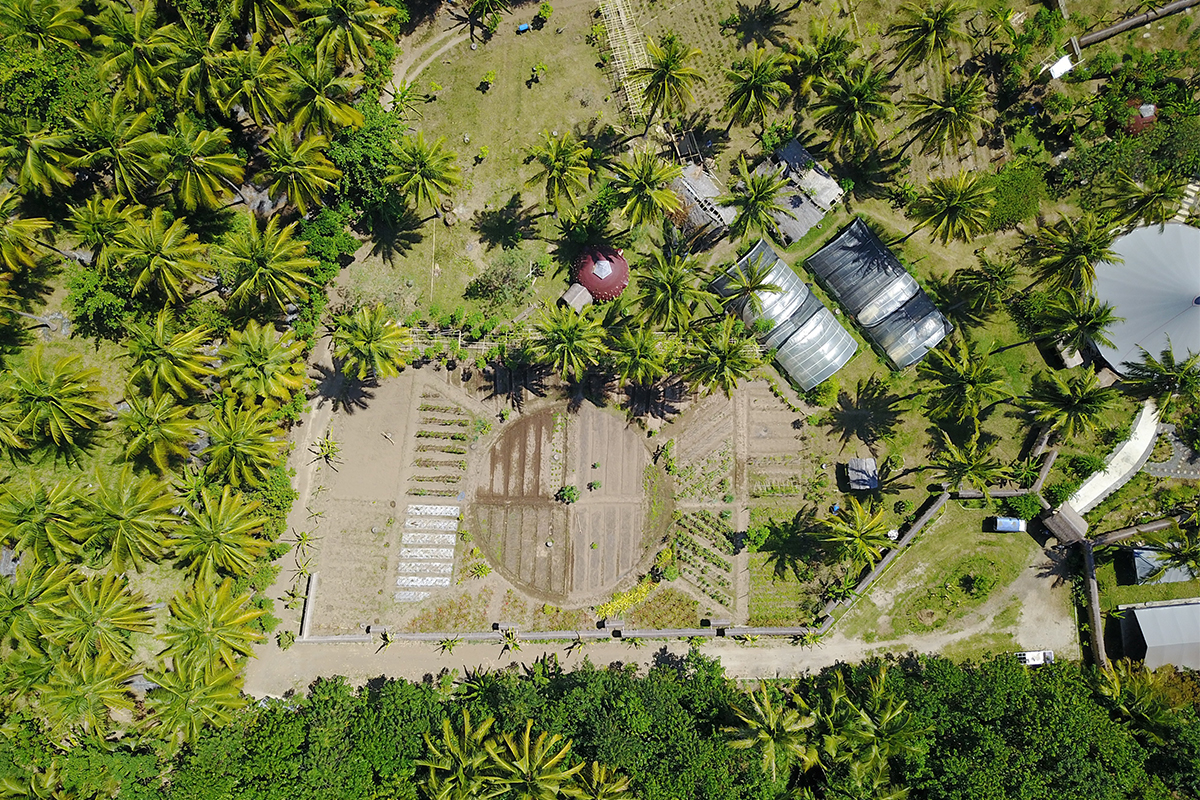According to a recent report from The New York Times, it’s time to add a new phrase to our 2020 lexicon: regenerative travel. The tourism industry has beat the sustainability drum for a decade now (and we’ve been happy to join in, covering everything from “sustainable adventures” to “sustainable attractions” to “sustainable Airbnbs“) but many agencies, hoteliers and operators are no longer satisfied with travel simply trying to not harm a place. They believe it should work to actively improve the area.
Regeneration is a concept that’s been employed in architecture and design for decades; unlike sustainability, which aims to slow down the effects of climate change, regeneration can completely revamp and replace outdated systems of waste. It’s the difference between treading water and learning how to swim, and many industry officials believe it will prove essential in a post-pandemic world. As Jonathon Day, an associate professor at Purdue University pointed out to the Times, “Sustainable tourism is sort of a low bar. At the end of the day, it’s just not making a mess of the place.”
So what does regenerative travel look like in practice? Acquaint yourself with the brand that uses the phrase as its name, booking agency Regenerative Travel, for starters. The site includes 45 different resorts — including a lodge safari camp in South Africa, and a treehouse along the coast of Mexico — which had to apply for membership. Those that join the ranks go above and beyond the efforts of “eco-resorts” you’ve read about in the past, while rendering the waste of most chain hotels near laughable. These stays often protect natural or historical areas nearby, divert funds to invest in local communities, grow their own food, tackle issues of poaching or erosion, and cover 100 percent (if not more) of their carbon emissions.
It goes beyond physical properties, too; tour operators like Intrepid Travel and OneSeed Expeditions have governed their trips with similar principles, while groups like the Future of Tourism coalition and Conscious Travel have started working with tourism boards to figure out ways in which the industry can treat its destinations (and their communities) better. The goal is to cater to each location’s needs. Many aren’t accustomed to having tourists visit, and could use the investment. Some were exhausted by tourists pre-pandemic and need a plan for the next decade that makes sense.
The pandemic has been a living nightmare for the travel industry. It’s lost trillions, and sometimes more so than schools, offices or restaurants, its reopening status is incredibly complicated, patchwork and open-ended. But if nothing else, this long, costly pause has given those in the industry an opportunity to reflect on what wasn’t working, and reconsider what they want travel to look like in the years ahead. For tourism boards like Tourism New Zealand or Belgium’s VisitFlanders, that means focusing less on maximizing profits and more on offering meaningful, locally driven recommendations.
As a traveler — and you will get to be one again, don’t worry — your job is to be more receptive to these ideas, instead of just posts you saw on Instagram, to champion resorts and operators that care about their neighborhoods and natural areas as much as your dollars and cents, and to educate yourself on concepts like the circular economy. It is possible for us reuse resources, protect precious areas and have a good time. And now we have some downtime to plan for a future where our grandchildren can do so, too.
Thanks for reading InsideHook. Sign up for our daily newsletter and be in the know.

















